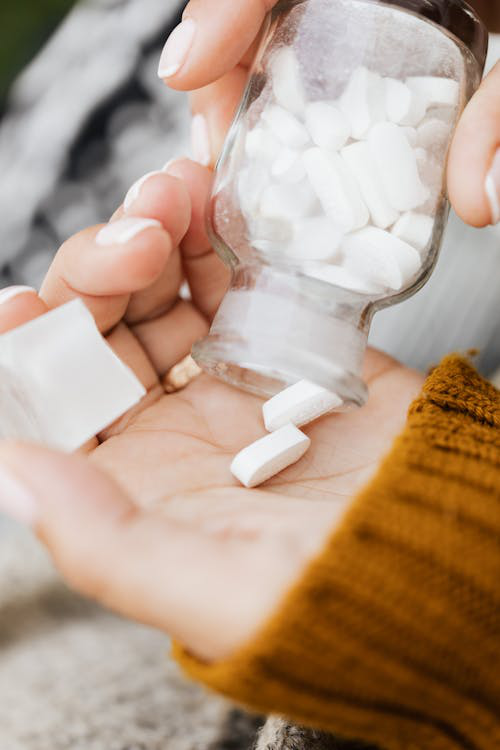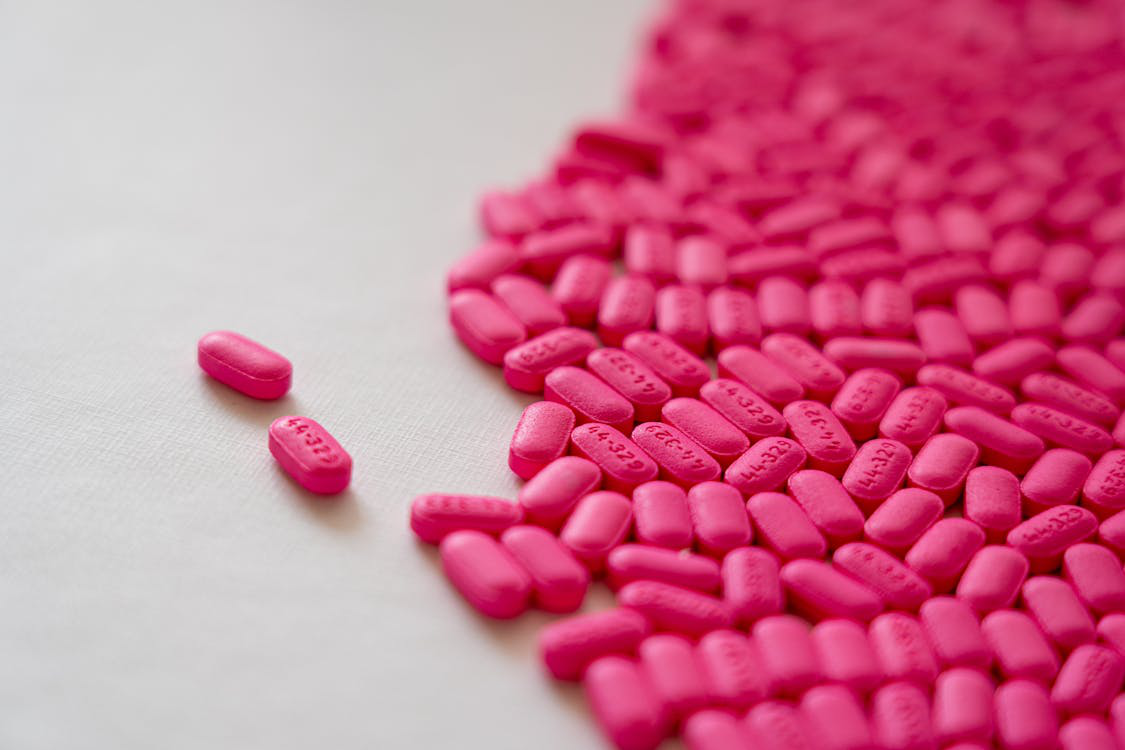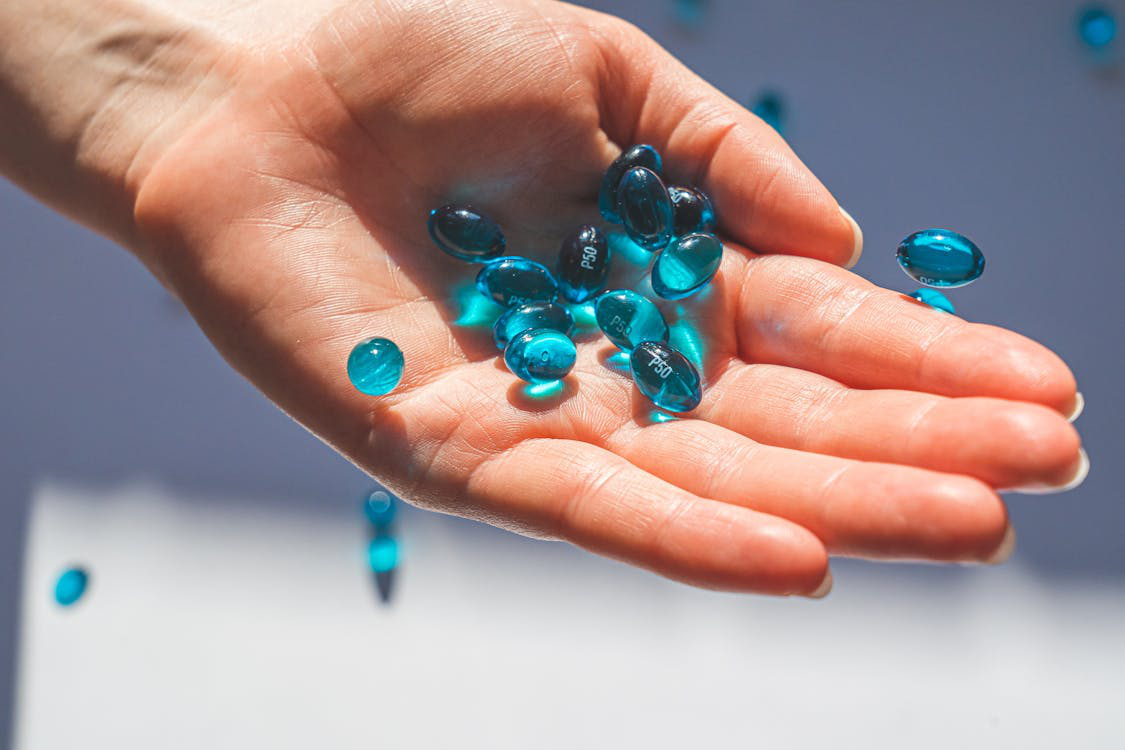
When most people think about addiction therapy, the image that comes to mind often involves one-on-one counseling sessions, meetings, or maybe journaling and reflection. And while these traditional approaches remain incredibly valuable, the modern approach to addiction recovery has expanded into a whole new frontier—technology.
From mobile apps to virtual reality, digital tools are no longer “nice-to-have” add-ons. They’re becoming powerful allies in helping individuals overcome addiction, stay accountable, and build healthier, more sustainable lives.
So, let’s see how technology is reshaping the recovery journey in surprising and impactful ways.
1. 24/7 Support in Your Pocket
Gone are the days when support was only available during scheduled appointments. Today, mobile apps provide around-the-clock access to coping strategies, mindfulness exercises, progress tracking, and even emergency hotlines.
Think of them as a digital safety net, always there when temptation strikes or when motivation needs a quick boost. With push notifications, encouraging reminders, and even real-time chats, technology brings the support system closer than ever before.

2. Virtual Communities: Breaking the Isolation
Addiction thrives in isolation, and recovery flourishes in connection. Online communities, virtual support, and video conferencing platforms have made it easier for individuals to connect with others on the same journey.
No matter where you are in the world, there’s a space where you can share your wins, vent about struggles, or simply listen to someone who gets it. This accessibility ensures that recovery doesn’t have to feel lonely—it can feel like being part of a global team rooting for you.
3. Wearables: Turning Data into Motivation
Fitness trackers and smartwatches are doing more than counting steps. For those in recovery, these little devices can track sleep patterns, monitor heart rate during stressful moments, and provide gentle nudges to practice self-care.
Seeing real-time progress, like better rest or reduced stress levels, can be motivating proof that healthier habits are taking root. It’s like having a tiny coach strapped to your wrist, cheering you on throughout the day.

4. Virtual Reality: Rehearsing Resilience
Yes, you read that right—virtual reality (VR) is making waves in addiction therapy. Imagine practicing coping strategies in a safe, controlled digital environment before facing real-world triggers.
VR programs can simulate stressful situations, allowing individuals to rehearse responses and strengthen resilience. It’s not about escaping reality—it’s about preparing for it with confidence.
5. Telehealth: Therapy Without Borders
One of the biggest barriers to recovery has always been accessibility. Maybe the nearest specialist is hours away, or maybe scheduling conflicts make consistent sessions tough. Telehealth solves that by putting professional guidance just a video call away.
This digital bridge means addiction therapy programs in Miami can fit into busy lives without sacrificing quality or consistency. In many cases, it’s the reason someone gets help sooner rather than later.
6. Gamifying Recovery: Making Progress Fun
Recovery is serious work, but that doesn’t mean it can’t be engaging. Some apps use gamification techniques to turn milestones into celebrations. Whether it’s unlocking achievements for staying sober a certain number of days or collecting “rewards” for completing self-care tasks, gamification keeps motivation alive.
Because let’s be honest, who doesn’t love the satisfaction of “leveling up”?

7. The Balance Between Tech and Touch
While technology offers incredible tools, it’s not a replacement for human connection or professional expertise. Instead, it enhances and complements them. A meditation app can help with stress, but it can’t replace the guidance of a therapist. A smartwatch can track sleep, but it can’t listen to your story.
The magic happens when traditional addiction therapy methods and technology team up, creating a well-rounded approach that meets people exactly where they are.
8. The Future is Hybrid
Looking ahead, it’s clear that the future of addiction therapist in Miami lies in a hybrid modelwhere digital resources work hand-in-hand with therapists, communities, and personal support systems. It’s flexible, it’s personal, and it’s effective.
Most importantly, it empowers individuals to take charge of their own recovery with tools that fit seamlessly into everyday life.
Final Thoughts
Technology is no longer just about convenience—it’s about creating new pathways for healing, resilience, and lasting recovery. Whether it’s the smartwatch on your wrist, the app on your phone, or the virtual community cheering you on, digital tools are rewriting what recovery can look like.
On this new frontline, technology isn’t replacing addiction therapy—it’s strengthening it. And for those seeking support, that could make all the difference.
At CPC, we embrace innovation to deliver compassionate, effective, and accessible addiction therapy in Miami. Our approach combines proven methods with modern technology, ensuring every individual receives the support they need. Reach out to their buprenorphine addiction treatment in Miami today.
